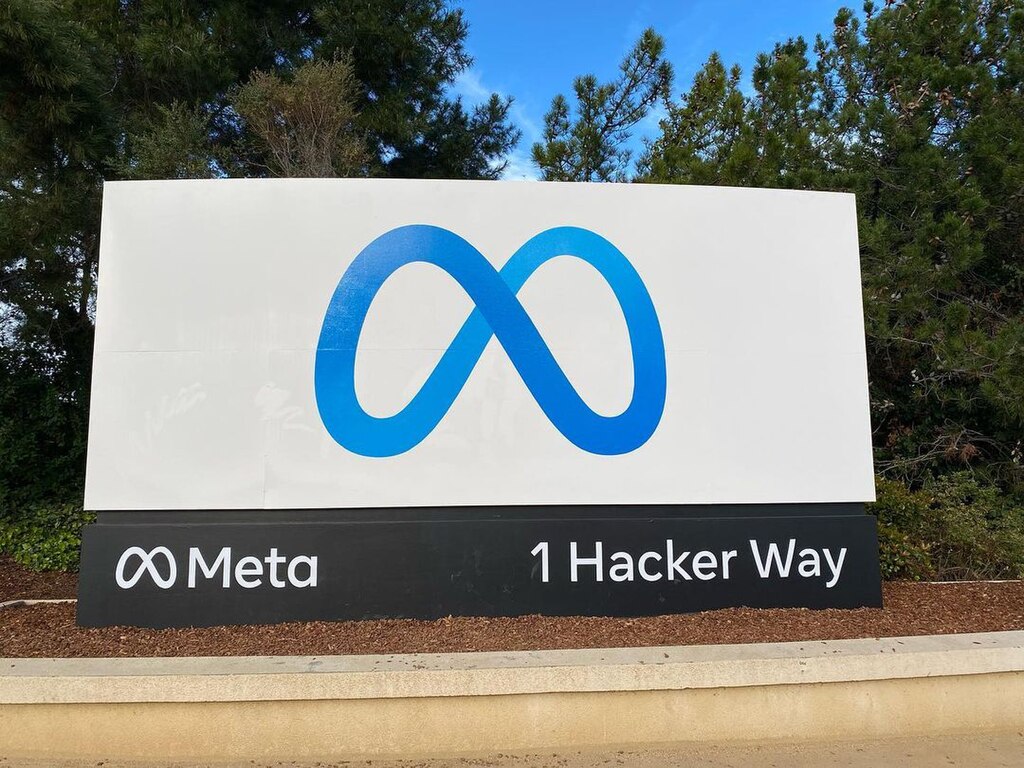Most people know blockchain as the technology behind the world’s most popular cryptocurrencies such as Bitcoin, Ethereum, or Ripple. However, the application of the technology isn’t limited to digital assets alone.
According to the World Economic Forum (WEF), blockchain can also be used to help governments tackle corruption. “Blockchain offers a range of valuable qualities, particularly related to tamper-evident and permanent databases and record-keeping, that can help tackle government corruption,” the Cologny, Switzerland-based NGO noted.
One possible way that the technology can be used to fight corruption in the government is to use blockchain in the government contracting or public procurement process, an area described by the WEF as the “greatest source of official corruption worldwide.” This is especially problematic since the processes for vendor selection are complex and opaque where a high degree of “human discretion” is involved in the decision-making process.
The corruption-risk factors can be addressed with a blockchain-based process since it will easily allow third-party oversight. In addition, the transactions entered into the blockchain are tamper-proof, which enhances the procurement process’ transparency and accountability of all parties involved.
The technology could also greatly enhance security and voter registration integrity in electronic voting. “Blockchain’s decentralized, transparent, immutable, and encrypted qualities could potentially help minimize election tampering and maximize poll accessibility,” the WEF noted.
Some governments give grants to supports the arts, education, social assistance, and humanitarian aid efforts. However, the process is opaque and inefficient which could potentially allow corruption to take place.
A blockchain-based system is more transparent and could reduce intermediaries. “Blockchain can potentially be used to build public trust in such systems,” the WEF said. “The ability to disintermediate and reduce the number of actors involved in grant awards, disbursements, and management could streamline the process, reduce costs, and minimize opportunities for illicit financial siphoning.”
Existing processes on land title registries are often antiquated and vulnerable to corrupt practices. To help address the issue, some governments are now experimenting on ways to integrate blockchain in their titling systems.
“Blockchain-based land registries can potentially provide a secure, decentralized, publicly verifiable, and immutable record system through which individuals could definitively prove their land rights,” the NGO said. “These qualities reduce the opportunity for self-interested manipulation of land rights and increase the resilience of land ownership more generally.


























Comment 7